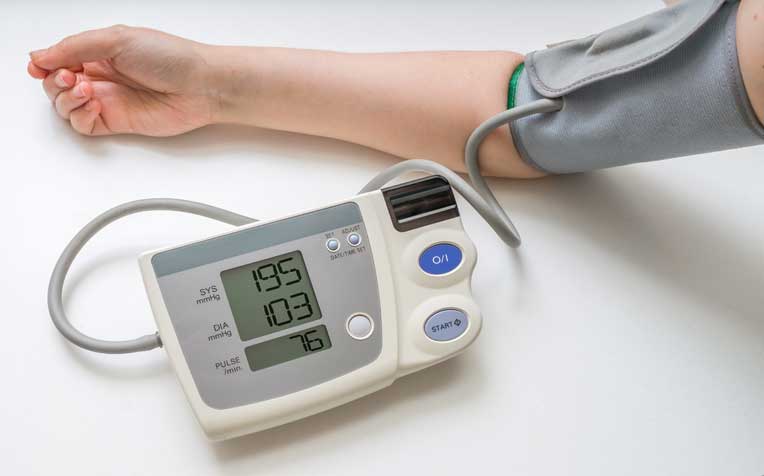
Prehypertension can lead to stroke, heart disease and kidney failure, so don't ignore it!
Why prevent prehypertension from becoming high blood pressure?
You may have prehypertension if your blood pressure consistently falls between 120/80 and 139/89 mmHg.
Prehypertension should not be ignored as it can lead to high blood pressure (hypertension) if it is not properly managed.
High blood pressure, among other complications, increases your risk of
- stroke,
- heart disease and
- kidney failure
“Blood pressure is a continuous variable. The risk of heart disease and stroke rises exponentially the higher your blood pressure is. Everyone should adopt a healthy lifestyle to prevent their blood pressure from rising, even if their blood pressure is normal. However, those with prehypertension should pay more attention to prevent their blood pressure from rising further,” advises SingHealth Polyclinics, a member of the SingHealth group.
The good news is that prehypertension does not require treatment with drugs, and can be properly managed with dietary and lifestyle changes.
Blood pressure ranges: What's normal, prehypertension and hypertension?
Blood pressure has two readings: the systolic (upper reading) pressure measures the force of blood pushing against the arteries when the heart beats. The diastolic pressure (lower reading) measures the force in the arteries when the heart is at rest between beats. The measurement unit is millimeters of mercury (mmHg).
- Normal blood pressure: < 120/80 mmHg
- Prehypertension: 120/80 to 139/89 mmHg
- Stage 1 hypertension: 140/90 to 159/99 mmHg
- Stage 2 hypertension: 160/100 mmHg or higher
Read on for symptoms and risk factors of prehypertension.
Also, check out our article on ways to reverse prehypertension.
Ref: S13
Contributed by
Related Articles
Public Events
Get the Health Buddy App
© 2025 SingHealth Group. All Rights Reserved.


















 Get it on Google Play
Get it on Google Play